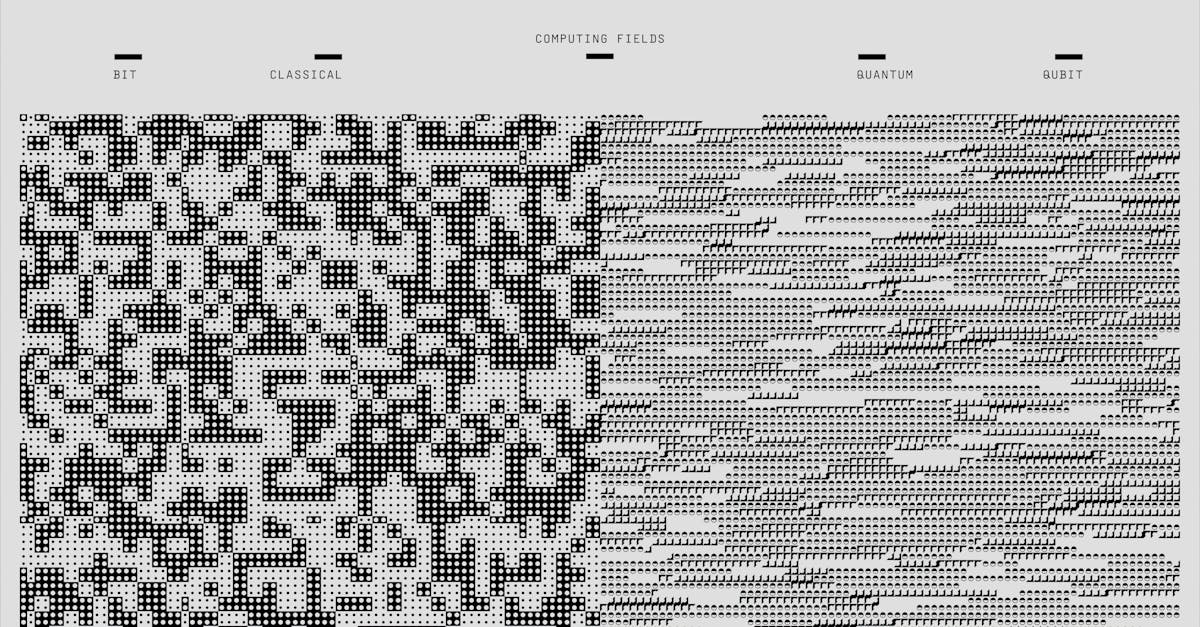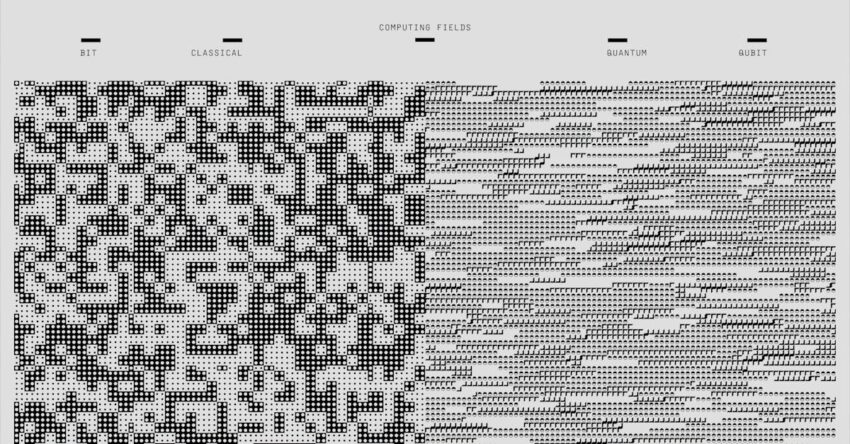Quantum computing law might sound like a topic reserved for the future, but it’s already shaping the way we practice law today. As a lawyer keen to stay ahead, understanding this new frontier is crucial. You see, quantum computing in law offers numerous challenges and opportunities. Navigating quantum encryption legal issues or understanding the future of quantum law isn’t just about keeping up with trends. It involves preparing for a world where these technologies will redefine privacy laws and cybersecurity.
Imagine, for a moment, the power of quantum computers to transform legal research and decrypt complex cases in ways we never thought possible. This isn’t just speculation. New technology requirements and quantum algorithms could soon become part of your daily legal toolkit. But with this power comes responsibility. This journey will explore how quantum computing presents potential threats and quantum legal challenges, equipping you with the insights needed for what’s coming.
Ready to dive deeper into the world where law meets cutting-edge technology? Let’s explore how you can adapt, thrive, and lead in the quantum computing legal landscape of 2025. Discover the tips that will set you apart from your peers.

Photo provided by Google DeepMind on Pexels
Inside the story
Understanding Quantum Computing Law
The Impact of Quantum Computing Regulations
As a lawyer, I find it essential to stay updated on the quantum computing regulations evolving. The increasing power of quantum computers means existing laws might not suffice anymore. For instance, laws that currently govern technology could need amendments to consider the quantum computing impact. This new technology can perform calculations much faster, which means it could outpace our current legal frameworks.
Quantum Computing Legal Implications
With quantum computing advancing, I’m constantly assessing the legal implications for lawyers. This includes potential challenges in areas such as intellectual property rights and data privacy. The ability of quantum computers to break traditional encryption poses significant issues. If someone can easily decrypt data that was once secure, we need new laws to protect sensitive information. I often think about how these changes could affect legal contracts and agreements.

Photo provided by Pavel Danilyuk on Pexels
Addressing Quantum Legal Challenges
Handling Quantum Encryption Legal Issues
I frequently encounter encryption dilemmas when advising clients about data security. Quantum computers can potentially crack even the strongest encryptions, making current security measures obsolete. This poses a challenge for legal professionals like me, as we need to balance maintaining confidentiality with adopting new solutions. Post-quantum cryptography is an area I believe lawyers should focus on to understand what’s needed to secure data effectively.
Quantum Computing and Privacy Laws
Privacy laws are another critical area where I see quantum computing causing a stir. The capabilities of quantum computers present unique challenges to personal data protection. As these computers become more prevalent, I wonder how we can ensure data remains private. It’s crucial that laws adapt to safeguard against the quantum computing presents new. I spend a lot of time exploring how countries worldwide are handling these potential threats. It is fascinating to see the different approaches.

Photo provided by Tima Miroshnichenko on Pexels
Advancements in Quantum Computing in Law
The Role of Quantum Computing in Legal Research
Quantum computing is set to revolutionize legal research efficiency greatly. I am excited about the prospect of using these powerful machines to process large amounts of legal data quickly. This could significantly reduce research time and increase accuracy in finding relevant legal precedents. Imagine having a powerful tool that sifts through vast databases in seconds to find precisely what I need. It’s like having an accelerated assistant.
Quantum Computing and Cybersecurity
One of my primary concerns is balancing cybersecurity with legal practices. Quantum computers introduce risks not previously encountered. Hackers could use these computers for cybersecurity computing, leading to breaches. Therefore, understanding the associated quantum computing risks is vital. I often discuss with colleagues how law firms can protect sensitive information better. We explore new technology requirements that could help analyze cybersecurity challenges and implement more stringent cybersecurity measures.
The Future of Quantum Law
Looking ahead, I believe that preparing for upcoming changes in quantum law is crucial. The quantum legal landscape will continue evolving, and staying ahead is necessary. I focus on understanding how quantum algorithms time translates into more efficient legal processes. However, this also means being ready for potential regulatory changes. Engaging with ongoing legal education about quantum computing keeps me on my toes. I find that discussing these topics with peers sparks new ideas and insights.
Embracing the Future of Law
As we step into the future, understanding quantum computing’s impact on law becomes crucial. This emerging technology brings vast possibilities and challenges, such as addressing quantum encryption issues and adapting to new regulations. By staying informed, you can gain a competitive edge and protect your clients’ interests in this rapidly evolving landscape.
To get started, you should dive deeper into the specifics of quantum computing and its legal implications. Attend workshops or online courses tailored to this subject. Connect with experts and peers to share insights and experiences. Staying proactive and engaged will keep you ahead of the curve.
Now is the time to take action. Equip yourself with knowledge and embrace the opportunities that quantum computing presents for your legal practice. Explore this dynamic field and position yourself as a forward-thinking leader in law. You’ve got this!
